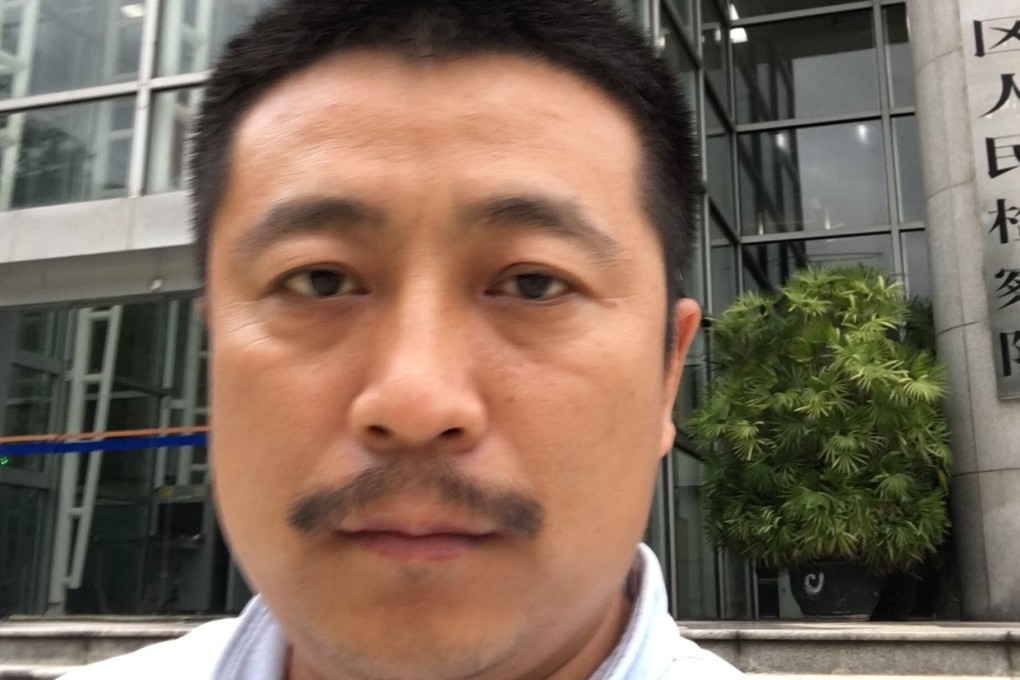Editorial | Revoking of lawyers’ licences creates a chilling effect
- The move by mainland authorities against the most outspoken legal defenders of the 12 Hong Kong activists does nothing to encourage others to represent Hongkongers in politically sensitive cases or inspire confidence in the system

The differences between the Hong Kong and mainland legal systems tend to be highlighted in cross-border matters. Cases in point include the recent prosecution in Shenzhen of 12 Hong Kong activists arrested while trying to flee to Taiwan from a range of charges arising from anti-government protests, including rioting, wounding, arson and possessing offensive weapons. What gave these cases added point is the new national security law, which provides for cases to be moved from Hong Kong to mainland jurisdiction if they involve “complicated situations” such as foreign interference or serious threats to national security.
If so that does nothing to encourage mainland lawyers to represent Hongkongers in very serious and politically sensitive cases such as those under the national security law, or inspire confidence in the process. That would be regrettable. It suggests that not a lot has changed on the human rights front since the “709 incident” or crackdown on July 9, 2015, when more than 300 lawyers and activists were arrested and subjected to police interrogation and TV confessions. One, Wang Quanzhang, was released only last April after being detained for nearly five years.
Lu and Ren are the latest prominent rights lawyers disbarred or penalised recently, including one for defending a 709 target, and another for defending free speech. They said they would appeal but held out little chance of success. Hopefully, for the sake of confidence in the legal system amid long-standing concerns about the judicial process for dealing with dissent, they are unduly pessimistic.
